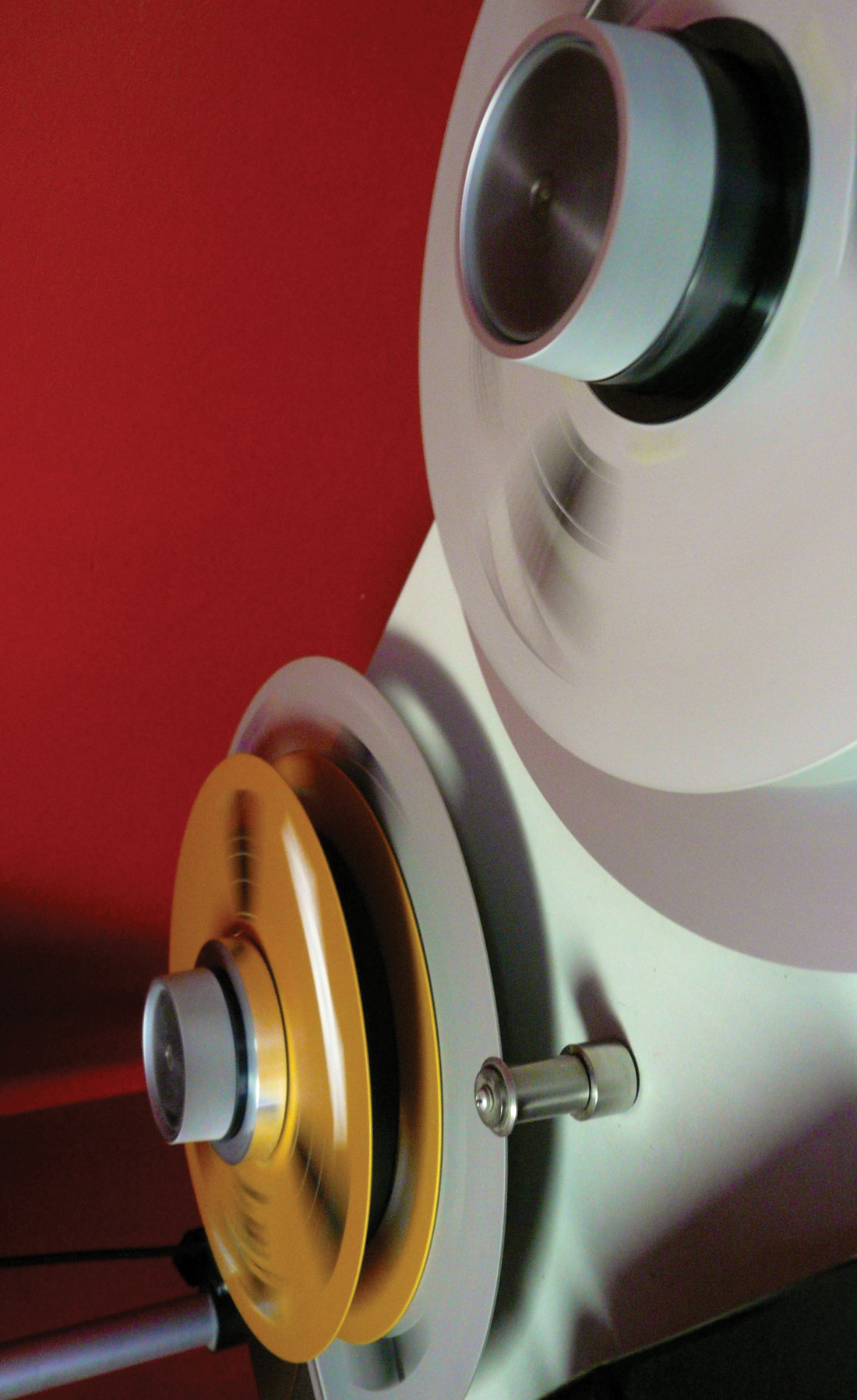Over the last few years I've gotten back into cooking at home. Partly this is because we moved from Portland, Oregon to a small town in the desert with few restaurants, but also it's a great "hobby" of mine that doesn't involve music (though the iTunes does get cranked up for a lot of these kitchen sessions). Plus saving money and eating better, tastier food is a definite advantage.
Almost all of my jobs previous to opening my own recording studio were in the glamorous "food service" industry. I worked as a dishwasher, waiter, busboy, cook — just about any job in a commercial kitchen you can imagine. I learned a lot about cooking from one of my first employers, Salvatore Corona, a fiery Sicilian immigrant with a memorized set of simple Italian recipes. He would have me help cook up big pots of marinara sauce, and soon I had memorized the classic recipes and knew what the result should look, smell and taste like. I also learned how to wait on tables and what customer service really means — something that I think prepared me to no end for running and recording studio.
These days I like to look through cookbooks (and online) for recipe ideas. But first I'll hit the local farmer's market, food co-op or crappy chain grocery stores and see what ingredients I come home with. Many times these places will determine what meals are forthcoming, and they'll inspire me to try new dishes and ideas. When I get ready to cook, there may be an idea at the core, but there is also a degree of improvisation at work. A recipe, in my mind, is just a starting off point. When you don't have a grasp of the recipe or any idea what changes to ingredients and their amounts might do to the final product, then you follow the recipe — and maybe you're happy (or not) with the result. When you start to understand how the parts combine to become the whole, and how heat and cold change everything, then maybe it's time to learn to improvise.
But this improvisation is useless without full use of your senses. Many of us try food with an "assumption" of what the item will taste like. The look of the food or what you have heard about some ingredient or style of cooking might influence you so much, that when tasting it you don't really open up your senses to what the food actually does taste like and let yourself form an honest opinion about it.
"So what the hell does this have to do with recording?" you might ask. I've noticed that the biggest change in my strengths as a recording engineer/producer came after I'd learned what I needed about the technicalities of making records and then moved on. I'm not saying that the initial aspects were easy to learn, but once techniques and knowledge of recording and gear were ingrained in my head, it allowed me to move on and really start to shine. Being able to close your eyes and listen to the sound of an instrument, to really hear the balance of a mix or to determine whether a vocal take really could be done "once more with feeling", without worrying about the basics of capturing sound — this is when you can really make records.
Just like a cook who's made the same dish 1000 times and now can spin out delicious variations of it without fail, an engineer/producer who's learned and honed their craft can apply all the minute details worked out in many past sessions without thinking about the process, and will help create something new each time they record. They're not simply pulling out a recipe and following it slavishly, though they are certainly tasting the sauce along the way to make sure everything is going right. And the best of them are able to open up their ears, to really hear what is happening and to make the best use of all of this knowledge.

